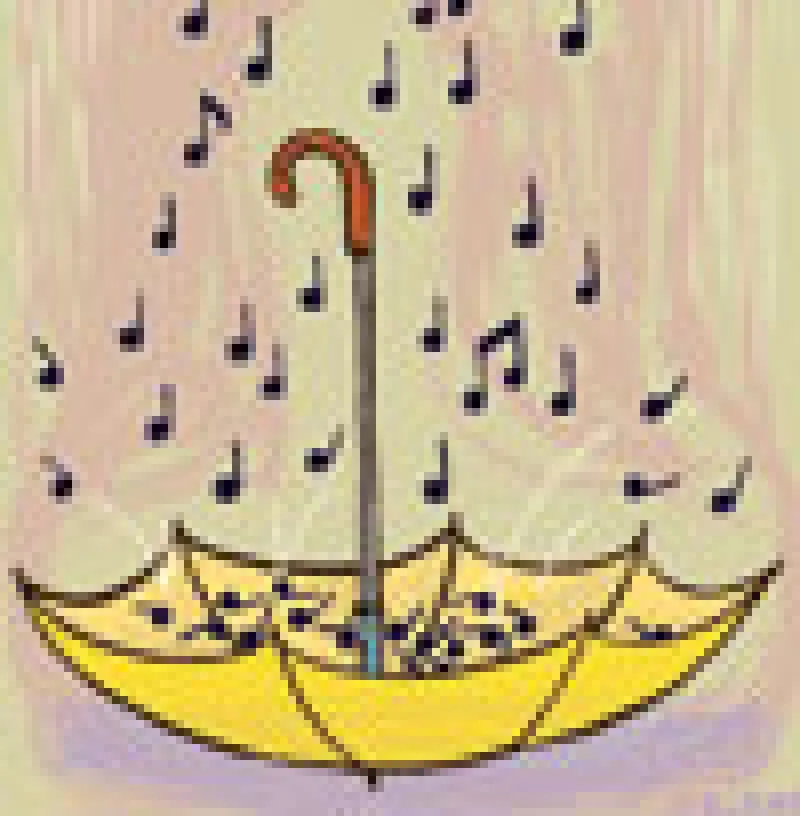At a time that many institutional investors are playing it safe when it comes to alternatives, Dutch pension fund giant ABP, with €173 billion ($241 billion) under management, is ramping up one of the more adventurous investment strategies in its repertoire: music publishing.
In late April, Imagem Music Group, a business co-founded in January 2008 by the fund management arm of ABP and CP Masters, the music publishing division of Dutch entertainment giant CTM, signed an agreement to acquire the Rodgers & Hammerstein Organization plus the rights to many of the songs and musicals written by the legendary American duo. The deal, reported to be worth more than $200 million, is Imagem’s third major acquisition in just 16 months and has catapulted the company to the top ranks of the music publishing industry. It now owns the rights to such musical classics as Oklahoma!, Carousel and South Pacific and is a licensing agent for approximately 12,000 songs, 900 concert works and 100 other musicals, in addition to its existing holdings. For Imagem diversifying risk means owning the rights to music written by artists ranging from Igor Stravinsky to Justin Timberlake.
Quirky as the strategy may sound, music publishing rights provide steady licensing fees, and the revenue from those fees can be modeled much like bond interest payments — but with greater potential upside. Currently, Imagem is generating annualized revenue in excess of €100 million; CEO André de Raaff would like to see the group deliver a return on investment of 8 to 10 percent annually in the years ahead. He notes that music publishing rights offer growth over time; most copyrights extend 75 years beyond the death of the composer. Although MP3 players and free Internet downloads have cut into the music industry’s profit margins, demand for live performances and for licenses to use music in movies, advertisements and new technologies has been increasing by a few percent every year, says de Raaff.
Other large investors are getting on board. Barely two weeks before ABP announced its deal for Rodgers & Hammerstein, New York–based private equity firm Pegasus Capital Advisors paid a reported $55 million for Spirit Music Group, a publishing house that manages the rights to songs by artists from Frank Sinatra to the Scissor Sisters.
Even Guy Hands’ Terra Firma Capital Partners, which last year wrote down one third of the £3.2 billion ($6.4 billion) it had paid to acquire British recording company EMI Group in 2007, is making healthy profits on EMI’s publishing division. In the midst of recession, music publishing is giving investors something to sing about.





